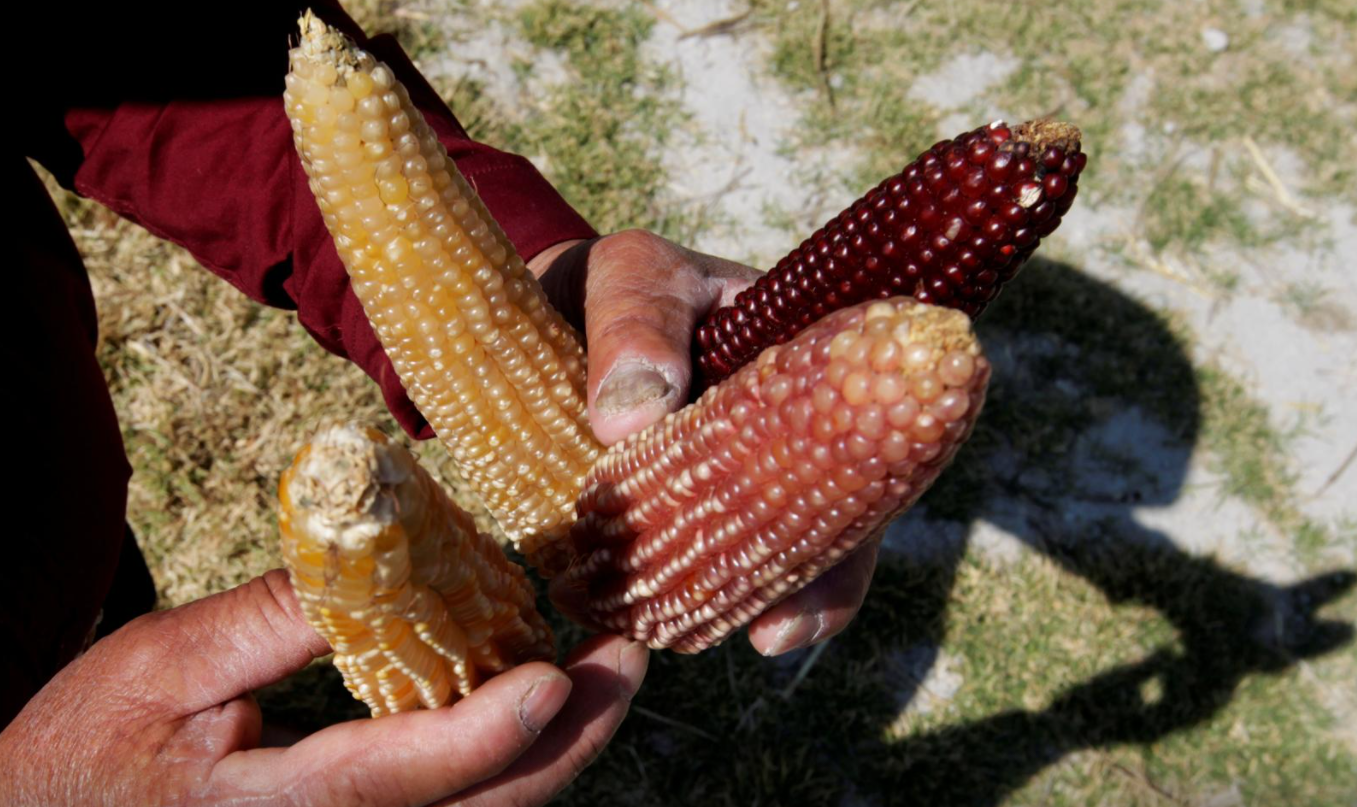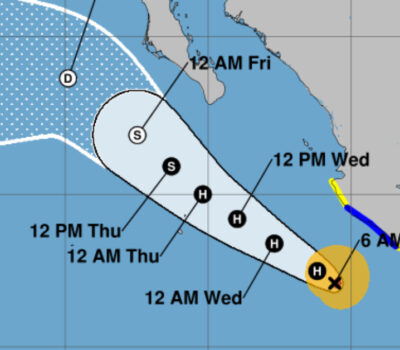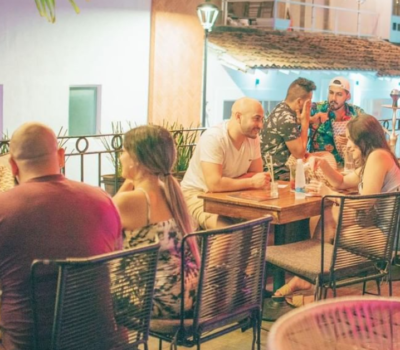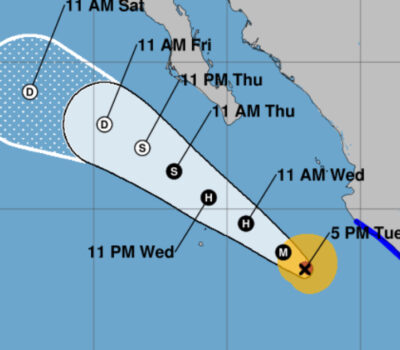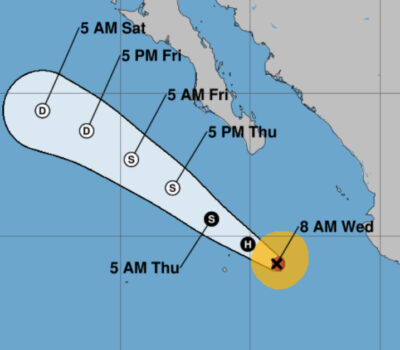Mexico is sticking to a plan to stop importing genetically modified corn and a ban on a widely used herbicide, a senior official told Reuters, doubling down on a policy that has pleased green advocates but alarmed industry leaders.
The plan announced late last year by executive order aims to replace some 16 million tonnes of yellow corn imported mostly from U.S. farmers and nearly all of it genetically modified, with new, local production by 2024. The imports represent more than a third of the country’s demand for the grain, and mostly feed Mexico’s large livestock industry.
Victor Suarez, the deputy agriculture minister and a key architect of the order, argued that GMO corn and the herbicide glyphosate are too dangerous and that local output and sustainable “agroecological” practices must be prioritized.
Hi cited studies linking glyphosate to cancer and saying that it harmed pollinators like bees and separately alleged that GMO corn contaminates Mexico’s native strains of the grain.
Bayer AG, one of the main producers of glyphosate, has said decades of studies have shown that the substance is safe for human use.
Backers of GMO crops, including corn, argue that they have dramatically boosted farmer productivity and that studies have shown no ill effects on humans.
“We are moving in this direction, and this must be clear: No one should think that they can bet that this decree will not be implemented,” said Suarez, an agronomist and long-time ally of leftist President Andres Manuel Lopez Obrador, who has pledged to wean Mexico off its dependence on foreign supplies.
If it does take effect, the end of GMO corn imports would be a heavy blow in particular to the mostly American farmers who for years have relied on Mexico as their top export market.
He described GMO corn and glyphosate as “undesirable and unnecessary” to reach the government’s goal of making Mexico self-sufficient in food.
“We have to put the right to life, the right to health, the right to a healthy environment ahead of economic and business (interests),” said the former congressman, who also manages Lopez Obrador’s direct cash-payment program for some 2.3 million smallhold farmers with a budget of 13.5 billion pesos ($662 million) this year.
Critics counter that the self-sufficiency plan’s local production goals are wildly unrealistic and would lead to higher consumer prices.
Mexico is mostly self-sufficient in white corn, used for the country’s staple tortillas, but meat producers have for years relied on growing volumes of yellow corn imports to fatten cows, pigs and chickens.
Asked if the Dec. 31 decree applied to animal feed as well processed foods that include GMO corn, Suarez said that the law covers all food that “will eventually reach human consumption.”
While Suarez sees no need to modify the decree, which he acknowledged will be difficult to carry out, he did leave open the possibility that as the 2024 deadline approaches, the government could show some flexibility.
“Let’s say we don’t reach the goal of substituting the 16 million tonnes (of imports), and we only reach the substitution of 10 million,” he said.
“Well, we would evaluate that along the way and we could eventually make the necessary adjustment,” he added, providing a strand of hope to those in the industry hoping moderate voices in the government will prevail.
Suarez noted that over the past couple years domestic corn production grew by about 7%, as the government seeks to boost farmer productivity. Local output, however, would need to increase by nearly 60% to make up for present import volumes.
He also cited ongoing research into alternatives to glyphosate, but did not name specific products.
Reporting by David Alire Garcia; Editing by Christian Plumb and Nick Macfie
Mexico is sticking to a plan to stop importing genetically modified corn and a ban on a widely used herbicide, a senior official told . . .

